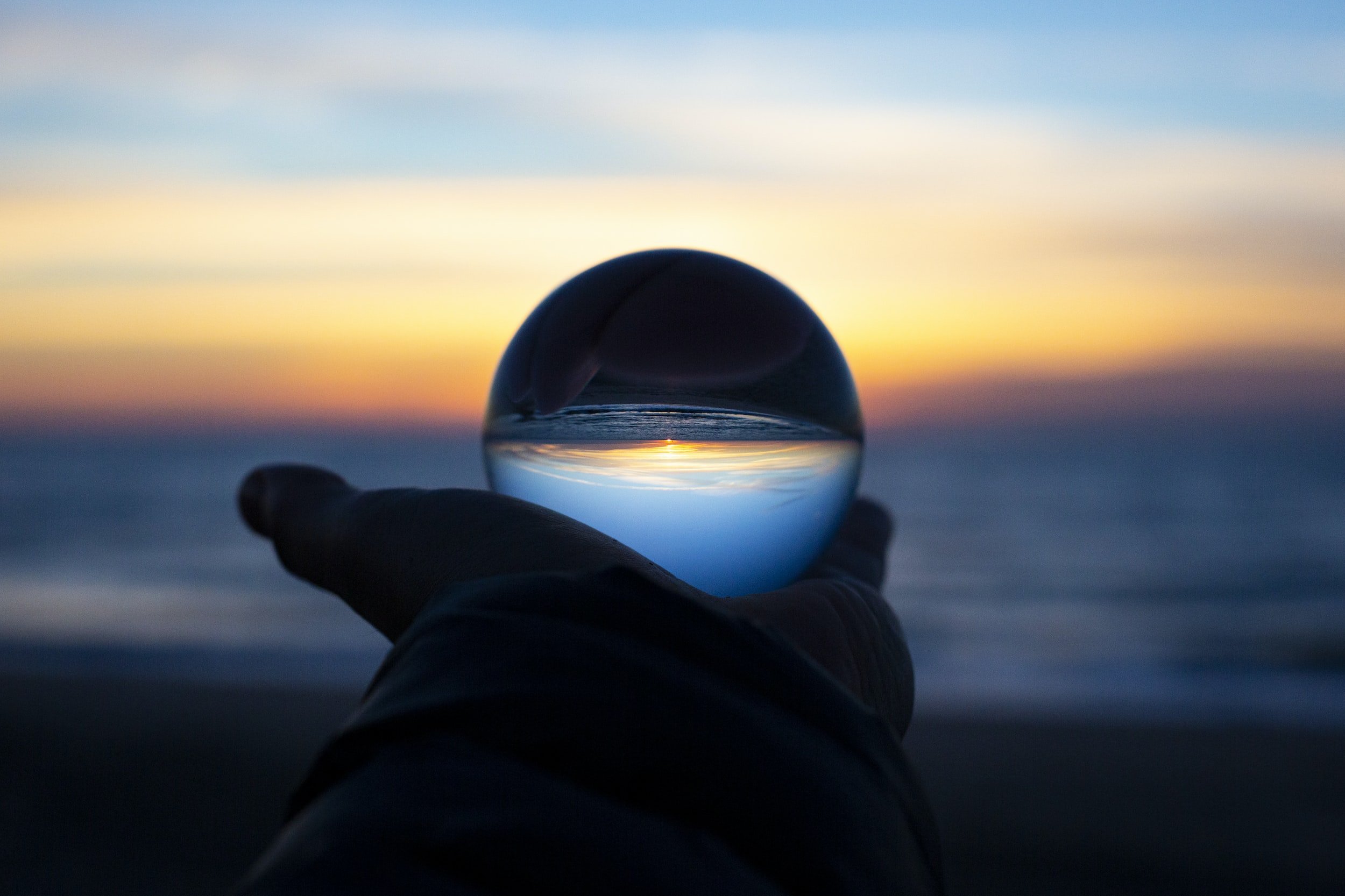Meander 7: Not focusing can be a good thing
No river can run in a straight line longer than ten times its width, even in a flat valley. If the river is fifty feet wide, it will stray from its course in five hundred feet or less. This is due to shifting sediment accumulation along the river's path, causing variable current speeds. When the currents become strong enough to eat into the banks in some areas, the river begins to meander.
I live with constant annoyance: I can't just look at a situation and enjoy it. Instead, I get distracted looking for alignments between the whole and its parts. I imagine myself as an amateur anthropologist grappling with the beliefs and rituals around me. What is this, really? Why this way and not another way? What are the invisible assumptions beneath the surface? I’m naturally curious, constantly struggling to understand the essence of what I witness. As an immigrant who has experience living in vastly different types of societies, I’m able to see things as “a way” but not “the way". And because I question things, my family and friends often see me as being too negative. And I respond that truth-telling is not complaining.
When my parents, teachers, and professors explained life to me, my gaze would turn to the windows to watch the clouds. I was much more interested in how the winds moved tree branches than in Latin grammar. I was hopeless in math but good in geometry because I could draw. I loved playing violin but had no desire to learn music theory. In fact, I was opposed to any theoretical construct in my early years. I was a terrible, lazy student, barely managing to scrape by. Bad news, indeed.
However, in time I came to think of my apparent disability as a special gift. Adults in my life saw it as disrespect and laziness, but I began to see it as my superpower.
I realized early on that everyone has something to sell: things, ideas, ideologies, and points of view. These salespeople wanted me to focus on what they were selling, but I couldn't help but notice how they were doing it: their eyes, their body language, the small details that sometimes complemented or contradicted their words. I learned that to make sense of things, I had to widen my lens to see beyond the intended message.
Over time, it became second nature to look for these body and language signals to make sense of things. This was especially true when I moved away from Slovenia, first to Scotland, then to the USA. Not being able to rely on the language to determine meaning, I had to depend on my peripheral perception to decide who to trust.
Embodied cognition is a relatively recent theory that challenges the idea that cognition is only brain-focused. It postulates that our thinking is an accumulation of what our brain, body, and environment offer. We trust the world better when these different areas inform us. This feeling-based cognition offers an essential grounding in the world. It orients us to the bigger picture and, because we take in more information, makes us consider additional points of view, which in turn makes us kinder and more compassionate. When our previous president strode to the podium to announce his candidacy, I decided I would never vote for him before he said a word. Why? Because his posture spoke to me about his self-importance. His body language did not strike me as someone who would be open to new ideas or listen to others. Here was someone incapable of collaborating. He looked like a Mussolini, full of ego and importance—the opposite of what the world needs.
When I first arrived in the USA in 1973, my friends took me to a Mcdonald's. They wanted to share the country's most iconic fast-food experience with me. I did not enjoy it because I couldn't unsee the garbage we made during the meal. It felt wasteful. I multiplied our pile by hundreds of people visiting that restaurant. I then multiplied that by thousands of other restaurants selling millions of hamburgers through the Golden Arched entryway. All I could see was a massive mountain of wrappers, napkins, ketchup packages, and plastic straws. I did not want to be a part of this madness. I never went to fast food establishments again. Most of us don’t question these restaurants in such a way. It’s just how things are done. They were puzzled by my (almost) non-patriotic attitude. Couldn't I just enjoy my Big Mac with large fries and large Coke? No. It turned out that, for me, the contradictions were too pronounced. In other words, whatever I sensed about the future, I’d hoped this wastefulness was not part of it.
Similar contradictions were everywhere. My wife made a yearly pilgrimage to Disneyland as a child, and she wanted to share its magic with our two daughters and me. But Disney’s dreamland spell could not make me unsee the vast parking lots, or the artificial walking experience inside its gates, or the army of helpers, mainly immigrants, keeping it all clean and neat.
I’m sure some eyebrows will raise at my poking a hole in two great American institutions (Disney and McDonald’s), but I am glad that I am troubled by things. My reactions tell me about the changes we need to make. To create a more perfect union, we, the citizens, need to learn to observe beyond what people are trying to sell us. It isn’t enough simply to observe. We need to rely on our embodied cognition to see through to the truth of an idea by relying on our hearts and minds, bodies and brains, so that we can arrive at a better version of ourselves. We need to think, feel and act. Our future depends on it.




